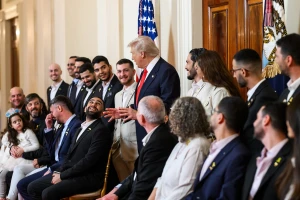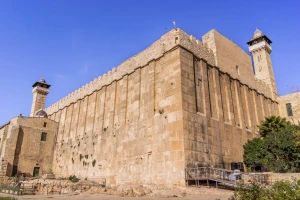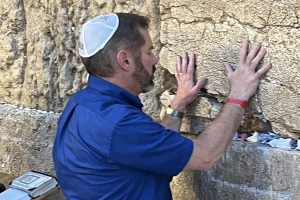The illusion of independence and the lie of the “cause”
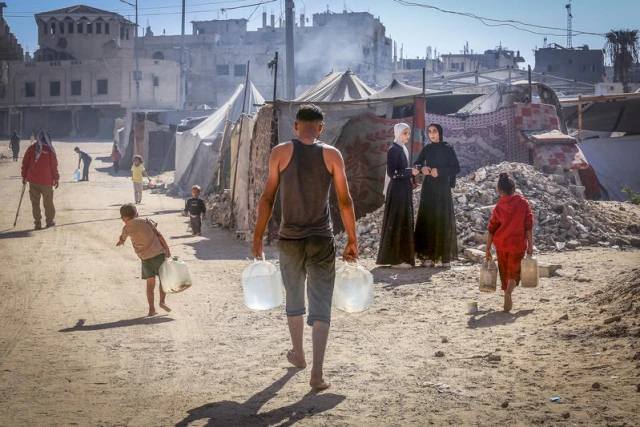
Every year, Palestinians are reminded of what is called “independence.” Flags are raised, speeches are broadcast, and a public holiday marks the day. Yet, when one examines the reality beneath the ceremonies and the slogans, one discovers something profoundly tragic: what has been celebrated as independence is, in truth, an illusion.
It is said that Yasser Arafat carried the Palestinian dream. Yet, if we examine the evidence, it becomes clear that he did not carry a dream of freedom. Rather, he carried a dream of power. He turned the suffering of a people into a mechanism for personal gain. He converted slogans into currency in the political market, transforming a legitimate longing for dignity and self-determination into a profession for opportunists.
Under his leadership, the Palestinian Authority arose — a body that is simultaneously powerless and oppressive. It survives on international aid, it fosters corruption, and it silences dissent. Its very existence depends upon the persistence of both victimhood and failure. Flags are raised over ruins, speeches are made in halls of emptiness, and the people continue to suffer, while the image of their leader is exalted.
This illusion becomes even clearer when we look at the so-called state that declared its independence. What we find is not a nation built on justice or integrity, but a group of individuals running it according to their personal and partisan interests. A country drowned in corruption — from the lowest official to the president, all of them are corrupt. Even employees’ salaries go unpaid, with constant excuses about “clearance” and “Israel.”
So, what kind of independence, and what kind of state, are they speaking of? A country that cannot provide its citizens with the most basic necessities of life — a government that neither respects nor values its people. The sons of officials act as if they own the land, while no one dares to hold them accountable.
Today, thousands of students fill the streets as teachers strike, demanding their legitimate rights, while this so-called state neither listens nor cares, as if the future of generations means nothing to it. The teacher — who should be honored and respected — is left protesting in the streets, pleading for a decent living, while students pay the price.
Citizens live between rising prices and unemployment — with no stable electricity, no sufficient water, and no safety in the streets. Those with connections live in comfort, while those without are crushed beneath the weight of poverty and humiliation. Prices rise, salaries fall short, and officials speak of “resilience” while the people can barely find food for the day.
As for justice — it has completely vanished. It is applied only to the weak, while the powerful stand above the law. Prisons are filled with the poor and the oppressed, while the corrupt move freely among high positions, as if they own the country itself. The law is no longer a shield for the people, but a weapon used to silence opposing voices and suppress those who demand their rights.
A country like this cannot be called a real state. It is a complete system of corruption — ruled by interests and influence, not by law or justice.
And so, beneath the illusion of independence lies a darker truth — a society trapped in moral decay and systemic injustice. What is celebrated with flags and slogans is, in reality, the deepening of bondage and deception.
This is not freedom. This is not independence. This is an intellectual and social prison, a narrative that blinds a nation from seeing reality. It is the continuation of a delusion, sustained over decades. True independence is never measured in flags or ceremonies; it is measured in the transformation of human hearts, in the flourishing of communities, and in the reconciliation of enemies.
The so-called “Palestinian cause” has fed hatred rather than humanity, division rather than unity. Corruption within, occupation without, hearts hardened — and all in the name of a man who sold the real dream of human dignity for the illusion of power.
The Myth of “Abu Ammar”
It is impossible to speak of Palestinian politics without addressing the figure of Yasser Arafat — Abu Ammar. To many, he is a hero. To the world, he was a symbol of resistance. To those who lived under his authority, he was a man of contradictions: a revolutionary in words, a tyrant in action.
Consider the facts:
He spoke of freedom while silencing his own people.
He preached peace while fueling decades of violence.
He lived in wealth while his people endured poverty.
He built an empire of power under the banner of liberation.
In his lifetime, he became a billionaire on the backs of suffering, an idol who left generations in chains. Yet, year after year, his memory is glorified. Pictures are displayed, streets are named, and speeches repeat his slogans. And still, the people he claimed to serve remain oppressed by the same structures he built.
This is not merely political failure. It is moral failure. And it is spiritual failure. No human leader, no ideology, no cause, can heal the wounds of a people. Only Christ can bring true freedom, hope, and redemption — not through slogans, not through armies, not through political institutions, but through the transformation of the heart.
The Biblical Vision: A Different Kingdom
When we turn to Scripture, we discover a vision of reconciliation and justice that transcends politics and ideology. Consider Ezekiel 47:21–23 and Zechariah 9:7. In these passages, God declares that the foreigner — the one outside Israel — will receive inheritance in the land. Former enemies will be purified and made His people.
God’s plan was never for one people to vanish so another could survive. It was never for Israel to disappear, nor for Palestinians to disappear. The divine plan is far more profound: God desires to transform hearts, to unite enemies, to create one people from those previously divided.
This plan reaches its fulfillment in Christ, who “made the two one” and “broke down the dividing wall of hostility” (Ephesians 2:14). The biblical vision is not victory over enemies. It is reconciliation, transformation, and life restored. True independence, true freedom, is measured not by borders or power, but by the unity of hearts reconciled to God and one another.
A Call to True Freedom
Let us be clear: the liberation that humans seek, by means of political struggle alone, is temporary, fragile, and incomplete. Flags cannot replace freedom. Slogans cannot replace truth. Political victories cannot substitute for the renewal of the human heart.
True freedom comes when people lay down their hatred and embrace reconciliation. True independence is the day when Palestinians and Israelis can live as neighbors, as humans created in God’s image, under the law of love. True peace is the day when the lies of idols are replaced by the truth of Christ, when corruption is replaced by righteousness, and when oppression is replaced by justice.
We are called to see the world not through slogans or symbols, but through the lens of Scripture. We are called to confront delusions, to speak truth, and to pursue reconciliation that reflects the Kingdom of God.
Conclusion: The Kingdom Beyond Politics
Let them raise flags. Let them celebrate independence in ceremonies. Let them glorify their leaders.
But the believer stands on a higher ground: the Kingdom of God, where hearts are transformed, enemies are reconciled, and people live together in true freedom. The real liberation, the real independence, comes not from men or nations, but from Christ — the one who alone breaks the chains of corruption, hatred, and oppression.
The challenge before us is spiritual as well as political: to reject illusions, to confront the idols, and to pursue reconciliation, mercy, and truth. Until that day, independence without transformation remains an empty ceremony, a hollow flag, a dream turned delusion.
Want to help more people find our reporting from Israel? Leave a quick Google review of our website here.
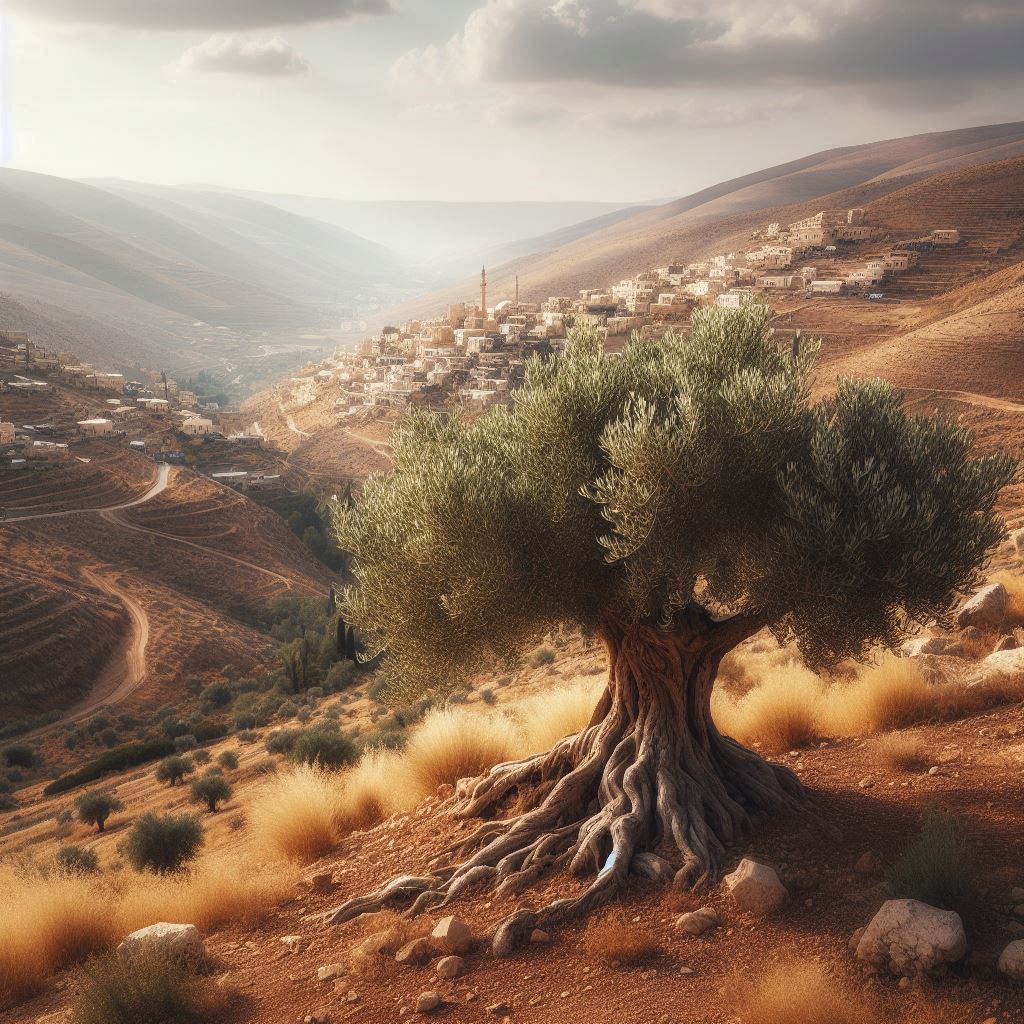
Abdel-massih (Servant of the Messiah) grew up in the West Bank in a Muslim family before finding Jesus and becoming a disciple. He has been a follower of Jesus for several years.
Abdel-massih is not his real name, as revealing his identity at this time would be dangerous to himself and his family.
You might also like to read this:


